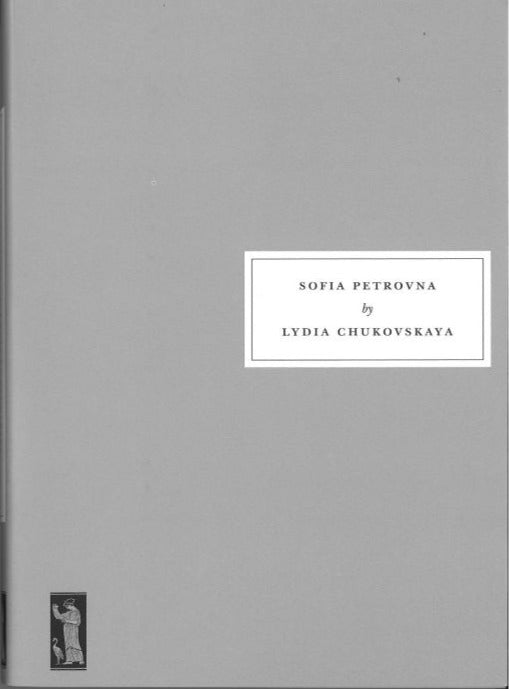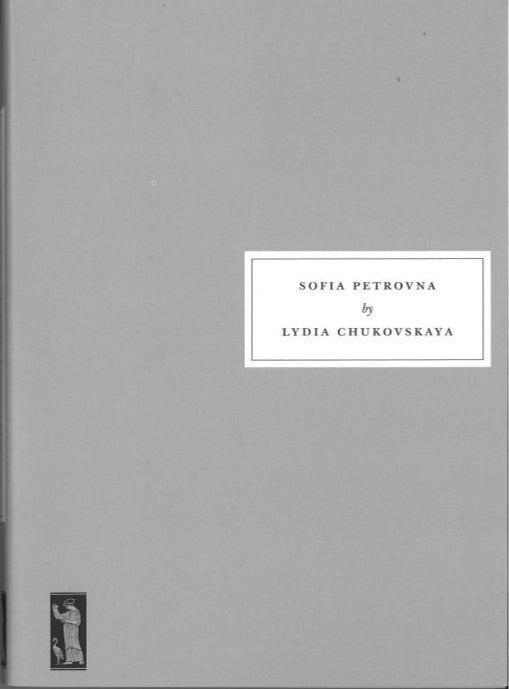Sofia Petrovna by Lydia Chukovskaya
One of the few surviving contemporaneous accounts of the Great Purge, Sofia Petrovna is an intense, brave, brief piece of writing composed secretly in a school notebook in lilac ink during the winter of 1939-40.
Describing two years in the life of a widow with a son she adores and a job in a publishing house she likes, the genius of the book is the subtle way Sofia Petrovna, and the reader, sees the horror of Stalin’s Purges unfolding against a background of complete and utter ordinariness. Deeply loyal to Mother Russia, Sofia Petrovna begins by thinking that the arrest, the disappearances, the cruel incompetence of officials, are all a mistake. Even when her son is arrested, she continues to believe in Stalin’s benevolence. Yet she grows increasingly bewildered and cannot understand what is happening. The devastating depiction of the heroine’s confusion, terror and ultimate breakdown lies at the heart of Sofia Petrovna.
As the author, Lydia Chukovskaya, wrote in 1979, "In my novella I tried to show that society had been poisoned by lies as completely as an army might be poisoned by noxious fumes… I expressly meant to write a book about a society gone mad; poor, mad Sofia Petrovna is no personal heroine; for me she’s a personification of those who seriously believed that what took place was rational and just. 'We don’t imprison people for no reason'. Lose that faith, and you’re lost; nothing’s left but to hang yourself."
First published in France in 1965, in Russian, Sofia Petrovna was translated into English two years later by Aline Werth and eventually came out in the Soviet Union in 1988. Unfortunately, it is as relevant today as it was over eighty years ago when it was first written.
Paperback
Share

You Also Viewed

Sofia Petrovna by Lydia Chukovskaya
